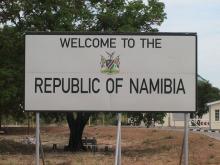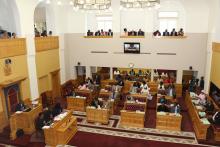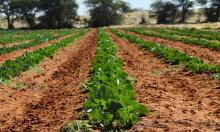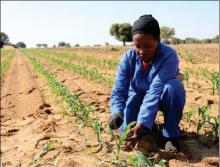Land, water, food insecurity dominate agriculture budget debate
Breadcrumb
National Assembly members voiced their concerns, focusing on land, water and food issues in the country during the budget debate on the Ministry of Agriculture, Fisheries, Water and Land Reform.










